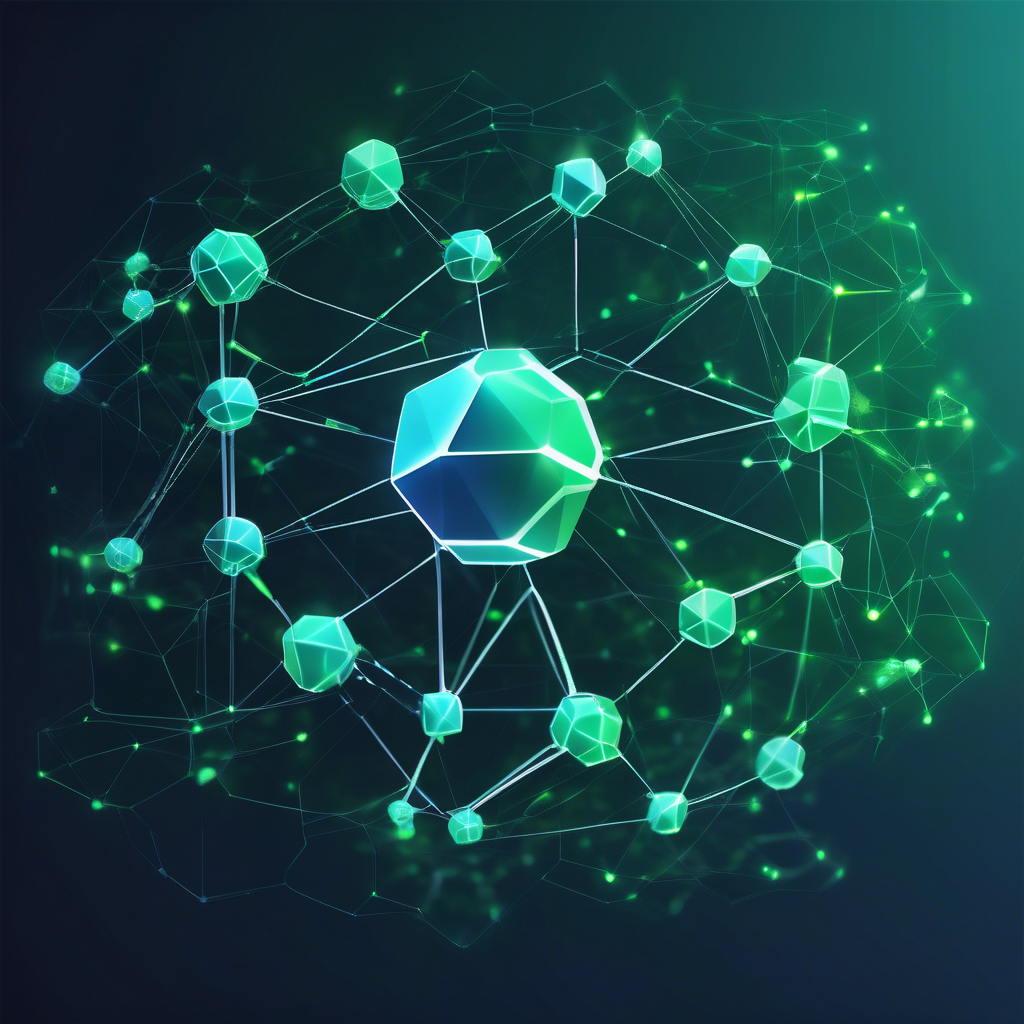None

Last week, Meta made a significant move in the AI industry that could change the game. While other leading companies like Google and OpenAI are keeping their AI codes under tight wraps, Meta decided to release the code that powers its revolutionary AI language model, Llama 2, for free. This means that other companies can now utilize Meta's Llama 2 model, which experts say rivals ChatGPT in terms of capabilities, to create their own tailored chatbots. Llama 2 has the potential to challenge the dominance of ChatGPT, which has achieved immense popularity as one of the fastest-growing apps ever. However, the open-source nature of Llama 2 also ignites an important ethical debate on who should control AI and whether it can be made safe. As AI progresses and becomes potentially more dangerous, questions arise about whether keeping the code restricted to a small group of companies is better for society, or if sharing it with the public allows a broader range of people to contribute to shaping this transformative technology. Mark Zuckerberg, in Meta's Llama 2 announcement, posted an Instagram photo with Microsoft CEO Satya Nadella, unveiling their partnership in the release. Zuckerberg also argued in a separate Facebook post that making leading AI models "open source" drives innovation, improves safety and security, and allows more developers to build with new technology. The AI community, including developers, researchers, and academics, has warmly welcomed this move as it grants them unprecedented access to build new tools and study systems that were previously inaccessible due to high costs. Creating advanced language models like the ones powering ChatGPT typically requires investments of tens of millions of dollars. Nazneen Rajani, research lead at open source AI platform Hugging Face, which collaborated with Meta on the release, expressed excitement about uncovering the secrets behind building models like GPT-4. However, open-sourcing AI also poses significant risks. Companies such as OpenAI and Google have been cautious about sharing their AI systems due to the perceived grave dangers associated with such technologies.
Some technologists fear hypothetical doomsday scenarios where AI could surpass human intelligence and cause harm, from releasing biological weapons to other unimaginable havoc. Ilya Sutskever, co-founder of OpenAI, expressed concerns in February, stating that open-sourcing AI models when they become extremely potent is unwise. While the realization of such destructive AI might still be far off, we have already witnessed instances where AI tools from the open source community were misused. For instance, when Meta released its first Llama model strictly for research purposes in February, it was leaked on 4Chan, resulting in the creation of chatbots that generated hate speech and violent content. Meta has implemented measures like red-teaming and guidelines to address these concerns and ensure responsible usage of Llama 2. Nonetheless, open-sourcing AI models raises critical questions. Can AI become smarter and less ethically flawed overall if more people have access to and can build upon it?Open source models enable researchers to identify not only security flaws but also qualitative flaws, such as bias or hallucinations, in large language models. Additionally, open sourcing allows for the distribution of power and prevents a technological monoculture from forming. However, the limits of open source AI are acknowledged, and there is an ongoing debate about when AI becomes too powerful to remain unrestricted. It is challenging to determine when it is necessary to intervene and regulate AI, especially once progress has already been set in motion. Despite the risks associated with open source AI, the benefits of allowing a wider group of people to contribute and think about it are undeniable.
Brief news summary
None
AI-powered Lead Generation in Social Media
and Search Engines
Let AI take control and automatically generate leads for you!

I'm your Content Manager, ready to handle your first test assignment
Learn how AI can help your business.
Let’s talk!
Hot news

SAP Integrates Blockchain for ESG Reporting in ER…
SAP, a global leader in enterprise software, has announced a crucial enhancement to its enterprise resource planning (ERP) systems by integrating blockchain-based Environmental, Social, and Governance (ESG) reporting tools.

Middle Managers Diminish as AI Adoption Increases
As artificial intelligence (AI) rapidly advances, its influence on organizational structures—especially middle management—is becoming increasingly clear.

The Blockchain Group Bolsters Bitcoin Reserves Wi…
The Blockchain Group Strengthens Bitcoin Holdings Through $12

Kinexys Launches Carbon Market Blockchain Tokeniz…
Kinexys by J.P. Morgan, the firm’s leading blockchain business unit, is developing an innovative blockchain application on Kinexys Digital Assets, its multi-asset tokenization platform, aimed at tokenizing global carbon credits at the registry level.

Ford CEO Jim Farley warns AI will wipe out half o…
Ford CEO Jim Farley recently emphasized the critical role of the “essential economy” and blue-collar skilled trades while forecasting that artificial intelligence will halve the number of white-collar jobs in the U.S. He has become the latest executive to raise concerns over AI’s impact on workers, joining voices like Amazon’s CEO, who last month announced that the company’s corporate workforce will shrink because of AI.

Cryptocurrency Theft Losses Reach Record High in …
In the first quarter of 2025, the cryptocurrency industry saw a dramatic surge in theft losses, totaling an unprecedented $1.63 billion.

AI in Education: Personalized Learning Experiences
In recent years, the education sector has experienced a notable shift toward integrating artificial intelligence (AI) to enhance learning experiences.

 Auto-Filling SEO Website as a Gift
Auto-Filling SEO Website as a Gift








 Auto-Filling SEO Website as a Gift
Auto-Filling SEO Website as a Gift

